Product Description
Colchicine is an established oral medication primarily prescribed to adults for the prevention and treatment of acute gout flares. It works by targeting multiple inflammatory pathways that contribute to joint swelling and severe pain caused by uric acid crystal buildup. Although it does not act as a typical painkiller, colchicine is highly effective in interrupting the biological cascade that leads to inflammation in gout, thereby offering targeted and lasting relief. Its unique mode of action makes it a vital component in long-term gout management and a preventive measure to reduce flare frequency in chronic sufferers. Colchicine is not indicated for general pain relief and should only be used under medical supervision for gout-related conditions.
Mechanism of Action
Colchicine disrupts the inflammatory response by intervening at several critical stages:
- Macrophages in the affected joint engulf uric acid crystals during a flare-up. Colchicine interferes with the phagocytosis process, reducing initial inflammatory signaling.
- These activated macrophages produce IL-1β through inflammasome activation. Colchicine impairs this intracellular complex, thereby limiting IL-1β secretion.
- IL-1β usually promotes the migration of neutrophils into the joint space. Colchicine blocks this migration and accumulation, halting the inflammatory cycle.
- By preventing neutrophil activation and degranulation, colchicine helps minimize the acute pain and swelling that characterize a gout flare.
This multi-step intervention allows colchicine to act at the source of inflammation, making it an effective option for both treatment and prophylaxis in gout management.
How to Take
Always follow the dosing instructions provided by your healthcare provider. Do not adjust the dose on your own, even if symptoms improve. If you miss a dose or suspect an overdose, seek medical attention immediately. Continued use is often necessary for maximum benefit, and your doctor may require periodic blood tests to monitor your response and prevent complications. If your gout symptoms worsen or do not improve during treatment, inform your healthcare provider promptly to reassess the treatment plan.
Safety Information
Colchicine has a narrow therapeutic index, which means even slight increases in blood concentration can cause serious side effects or toxicity. This risk is especially high when colchicine is combined with certain other drugs or used by patients with liver or kidney impairment. Always inform your doctor about any other medications, supplements, or herbal products you are using. Keep colchicine out of reach of children and unauthorized users, as fatal overdoses have been reported even at therapeutic doses. Elderly patients and those taking medications that interact with colchicine are at increased risk for muscle damage (myopathy) and blood disorders. Use the drug with caution and under strict medical supervision in these populations.
Side Effects
The most commonly reported side effect in patients being treated for gout flares is diarrhea (up to 23%), followed by throat discomfort. Although these effects are often mild and self-limiting, severe adverse reactions may occur. Seek immediate medical attention if you experience any of the following symptoms:
- Unusual or excessive bleeding or bruising
- Numbness, tingling, or burning sensations in the fingers or toes
- Persistent muscle pain or weakness
- Severe fatigue or general weakness
- Prolonged vomiting or diarrhea
- Discoloration of the lips, tongue, or palms
For patients with familial Mediterranean fever (FMF), gastrointestinal symptoms such as abdominal pain, nausea, vomiting, and diarrhea are also commonly reported. If these symptoms become persistent or severe, consult your healthcare provider immediately for dosage adjustment or supportive treatment.

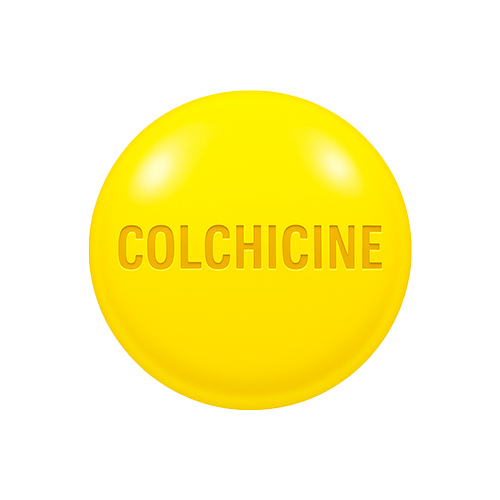

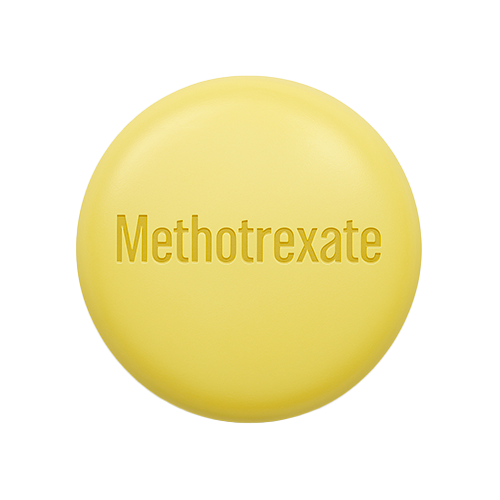
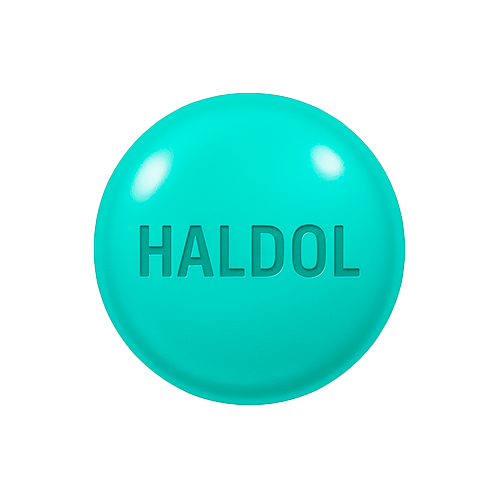
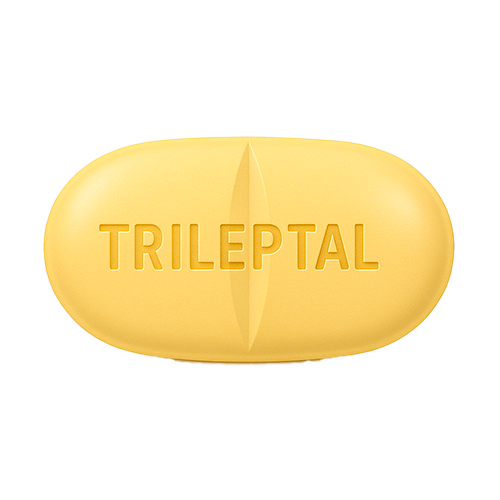
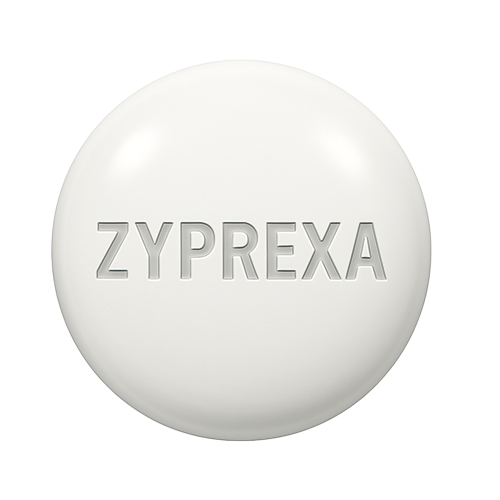

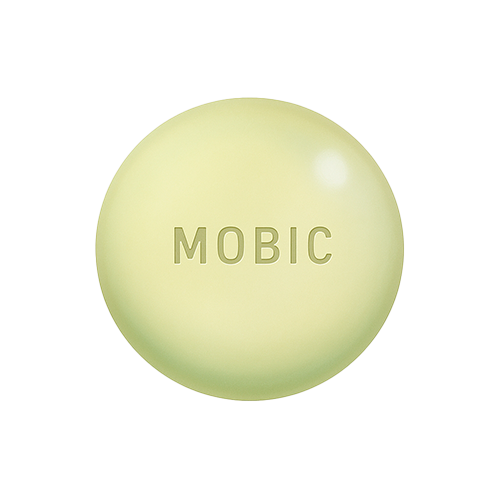
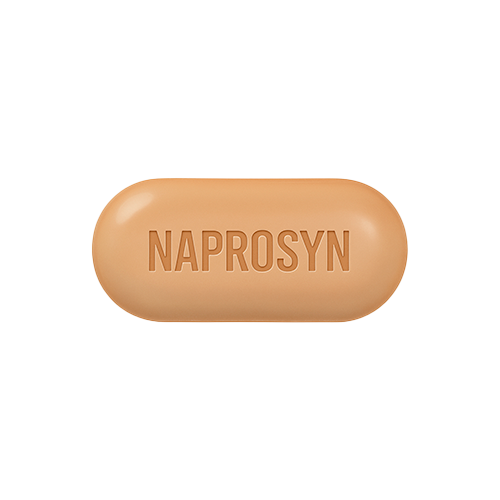
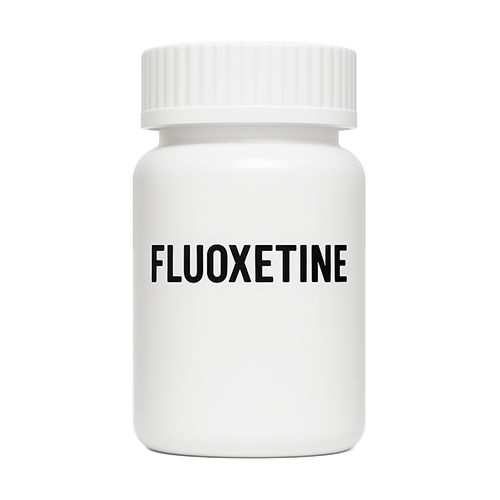
Reviews
There are no reviews yet.